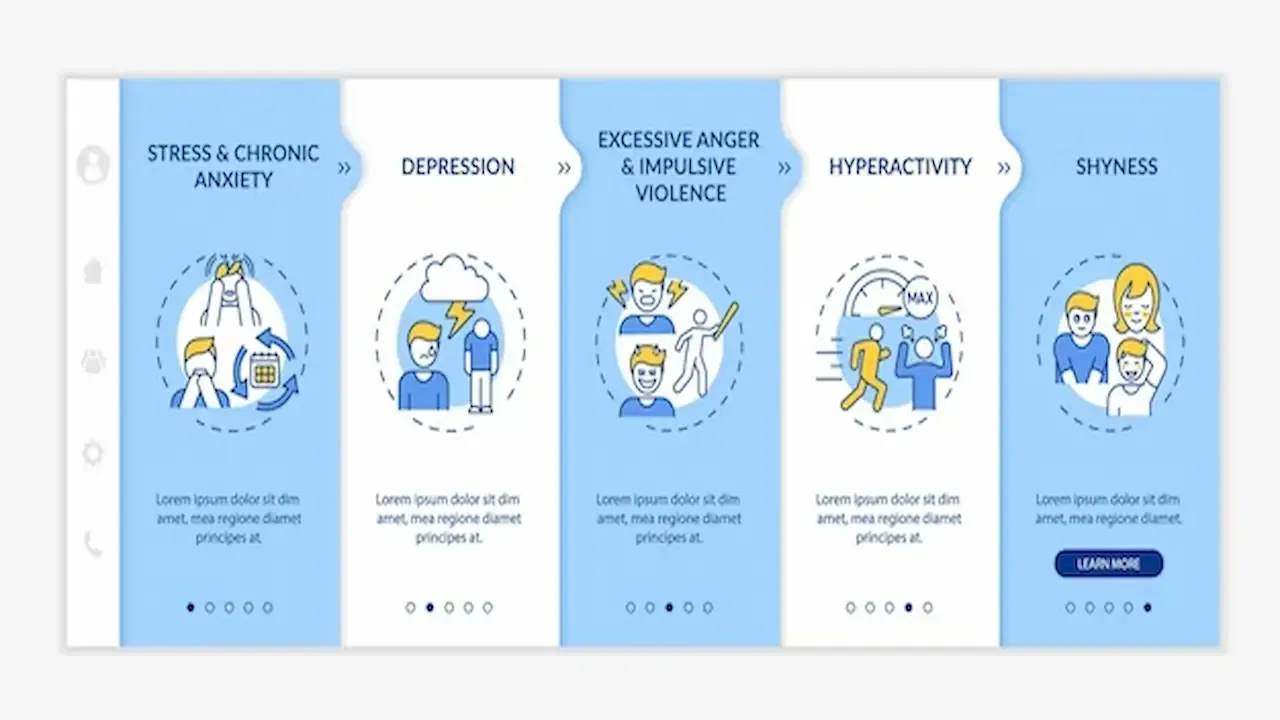5 Psychological Laws That Influence Your Behavior Unconsciously
Understanding human behavior is a complex field of study that has fascinated scientists and researchers for centuries. Why do people act the way they do? What motivates their actions? In this article, we will explore five psychological laws that influence your behavior unconsciously.
From the theory of learned helplessness to the self-fulfilling prophecy, these laws shed light on the patterns and tendencies that shape our actions. So let's dive in and uncover the secrets of human behavior!
1. The Theory of Learned Helplessness
Have you ever felt trapped in a situation where you believe that no matter what you do, you cannot improve your life? This feeling of helplessness is known as learned helplessness. It is a behavioral disorder that arises when individuals stop trying to change their circumstances, even when they have the opportunity to do so. The theory suggests that people develop learned helplessness after experiencing significant stress or repeated failures.
For instance, imagine a person who has failed to get into a university twice, struggles with a low-paying job, and cannot break free from a toxic relationship. The solution seems straightforward - study harder, find a better job, and leave the toxic relationship. However, someone trapped in learned helplessness sees no way out and continues to endure the pain.
Overcoming Learned Helplessness
If you find yourself trapped in learned helplessness, there are steps you can take to break free from this mindset:
Embrace Imperfection: Strive for progress, not perfection. Understand that perfection is rarely attainable, and it's okay to make mistakes along the way.
Manage Expectations: Lower your expectations, including negative ones. Often, we fear trouble that hasn't even happened yet. By reducing your expectations, you can alleviate unnecessary stress and anxiety.
Cultivate Optimism: Learn to stay optimistic and develop a mindset of learned optimism. Engage in exercises that promote positive thinking and focus on the possibilities of a brighter future.
2. The Theory of Broken Windows
The theory of broken windows, developed by sociologists L. Kelling and James Q. Wilson, explores the correlation between minor offenses and overall crime rates.
According to this theory, small signs of disorder and neglect, such as scattered garbage or graffiti, can contribute to an increase in criminal behavior.
For example, imagine a building with a broken or missing window. Passersby may assume that nobody cares for the building and that there are no responsible individuals to clean up the mess.
Over time, this perception can lead to more broken windows and an increased belief that one can get away with more severe crimes without facing consequences.
The Impact of Broken Windows
The theory of broken windows highlights the importance of maintaining order and addressing minor offenses promptly.
By addressing small signs of disorder, communities can create a sense of responsibility and discourage further criminal behavior.
3. The Theory of a Reality Tunnel
The theory of a reality tunnel suggests that individuals perceive the world through the filters of their own experiences and beliefs. Our upbringing, education, and personal triumphs and failures shape our unique reality tunnels. As a result, different people often have different reactions to the same events or stimuli.
Consider the famous painting, the Mona Lisa, by Leonardo DaVinci. One person may see a mysterious smile, another may appreciate its mathematical perfection, while someone else may perceive it as a depiction of a fat, browless woman. Each person's reality tunnel influences their interpretation, and all perspectives can be valid.
Escaping Your Reality Tunnel
Escaping your reality tunnel can be challenging, as it requires stepping outside of your familiar and comfortable beliefs.
However, embracing different perspectives and being open to new experiences can broaden your understanding of the world and enhance your empathy towards others.
4. The Hedgehogs' Dilemma
The hedgehogs' dilemma, also known as the porcupine problem, explores the complexities of intimate relationships.
While many of us seek closeness and connection, the imperfections and vulnerabilities of our loved ones can sometimes cause pain and distance.


Post a Comment